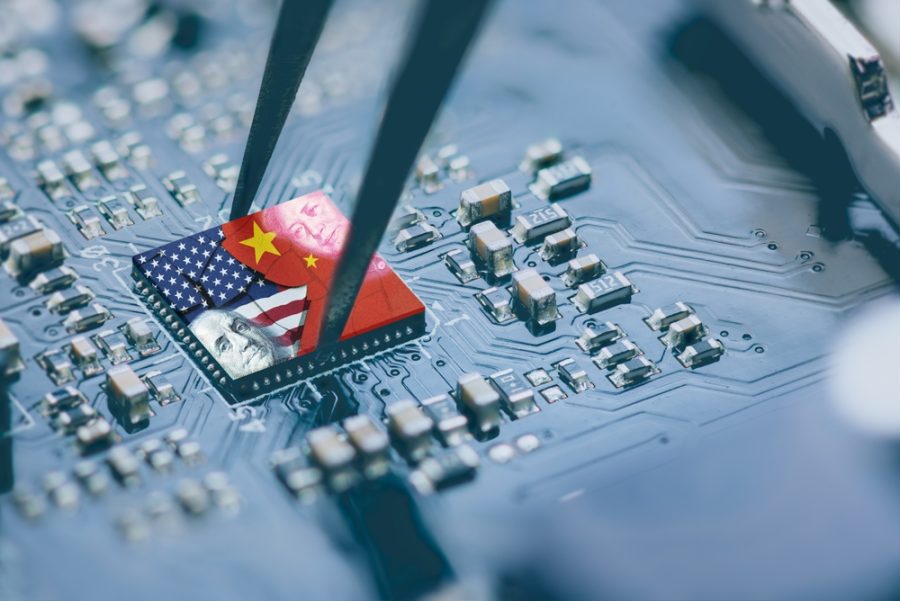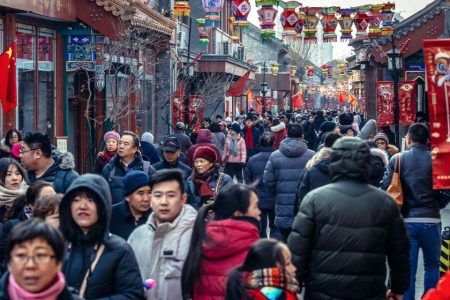US chip makers Nvidia and AMD have agreed to pay the US government 15 percent of their sales revenues in China in order to secure export licences for getting their respective H20 and MI308 chips into the massive market.
The controversial new deal has been described by some observers in the US as a potentially illegal tax on exports, the BBC reports, while others view it as charging a fee in exchange for relaxing the country’s national security protocol.
Meanwhile, Reuters reports that Chinese state media has again reiterated Beijing’s concerns over the American chips’ safety. The CCTV-affiliated Yuyuan Tantian social media account described Nvidia’s H20 chips as technologically inferior to some of its other products (which is true); bad for the environment; and a threat to China’s national security due to what the Cyberspace Administration of China (CAC) has called potential “backdoor” functions. Nvidia has denied CAC’s allegations.
“When a type of chip is neither environmentally friendly, nor advanced, nor safe, as consumers, we certainly have the option not to buy it,” the article noted. Beijing has accused the US of “abusing export control measures” and “engaging in unilateral bullying,” while state media has called on Nvidia to provide “convincing security proofs” to restore market trust.
[See more: China demands security assurances from Nvidia over AI chip concerns]
The less-advanced H20 chip was designed specifically for the Chinese market after US export controls on the most advanced AI chips were imposed in 2023. The administration of then US President Joe Biden imposed the ban to prevent the economic and technological advancement of Washington’s chief geopolitical rival.
H20 sales were halted in April, under President Donald Trump’s administration. However, Washington did an about turn earlier this month in a move designed to stop Chinese tech companies innovating their own alternatives. Nvidia chief executive Jensen Huang has lobbied both Washington and Beijing for months to resume China sales, and reportedly met with Trump last week.
The 15 percent revenue levy that Nvidia and AMD will have to pay the US government to export their chips to China has sparked concern among observers.
“Regardless of whether you think Nvidia should be able to sell H20s in China, charging a fee in exchange for relaxing national security export controls is a terrible precedent,” noted Peter Harrell, a fellow at the Carnegie Endowment for International Peace.






